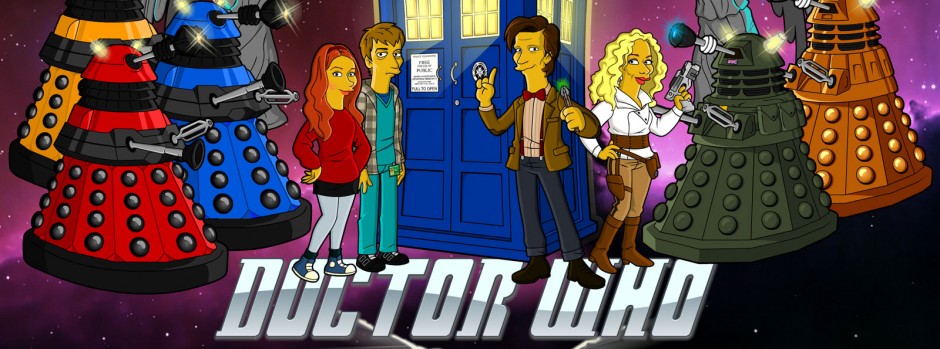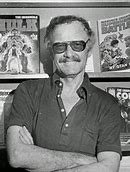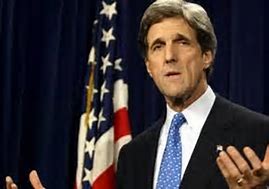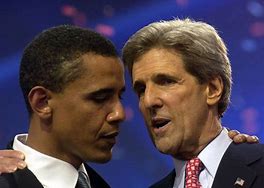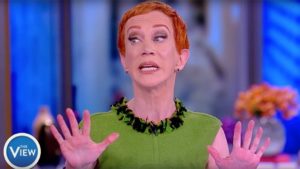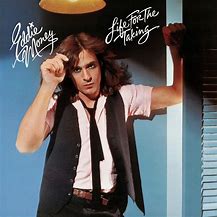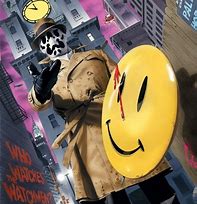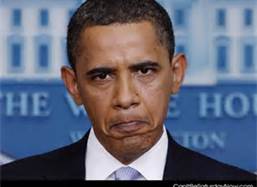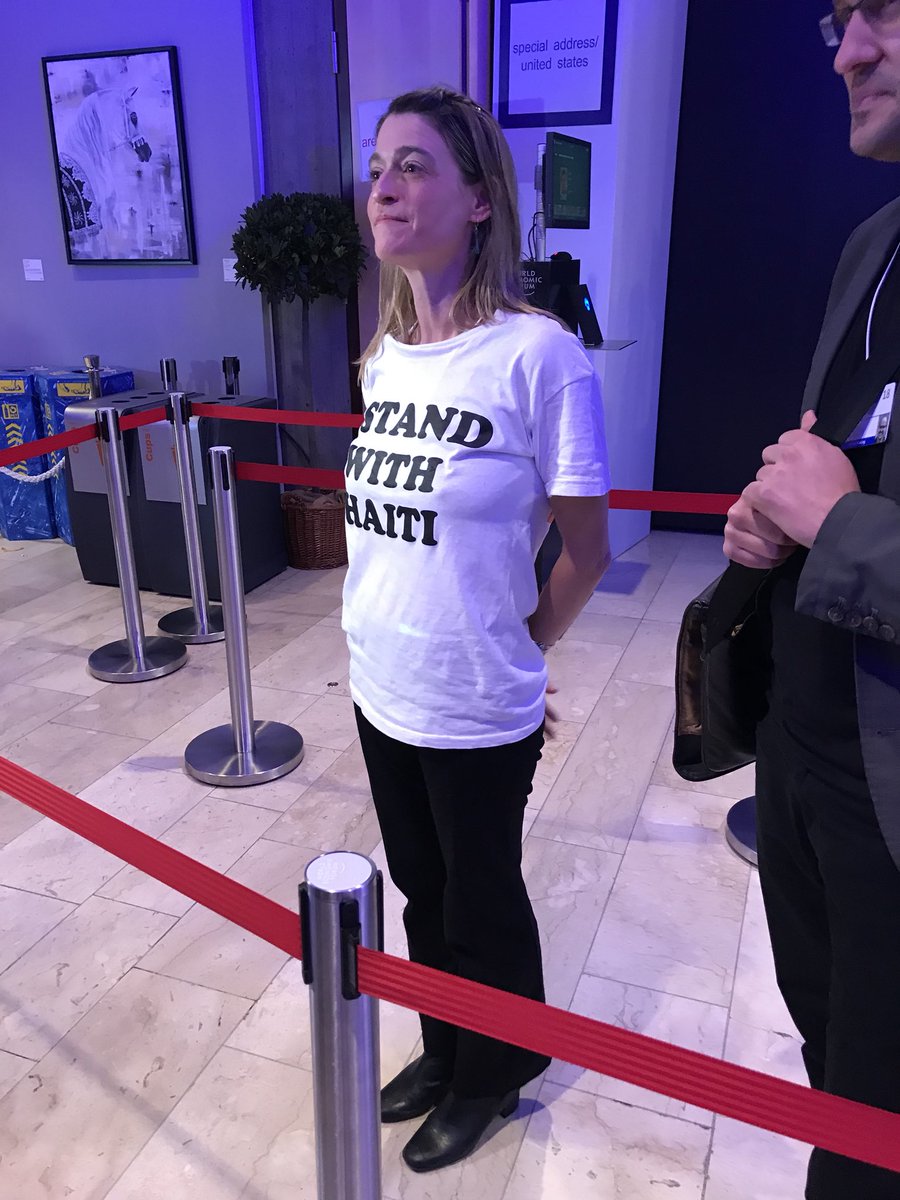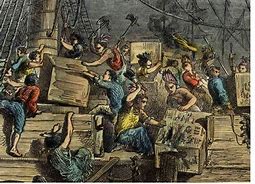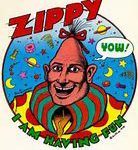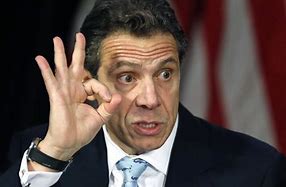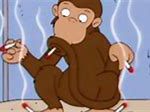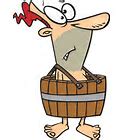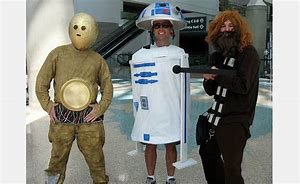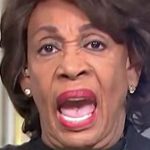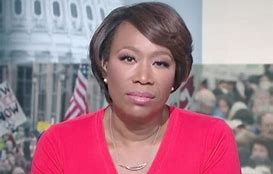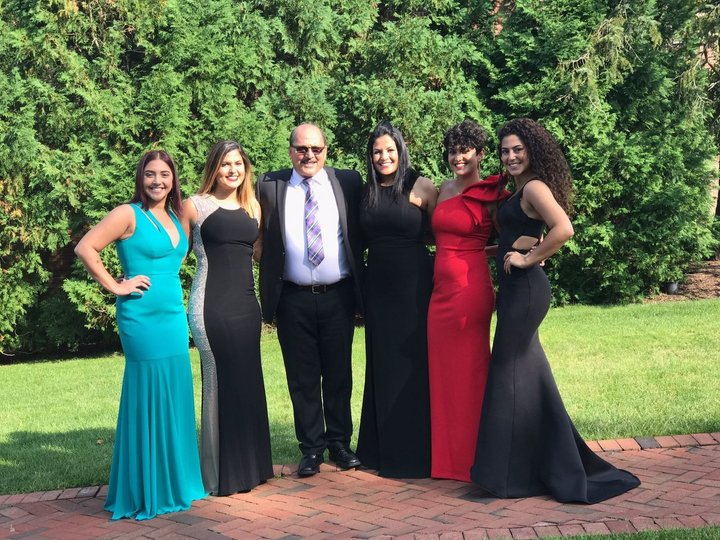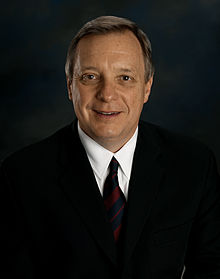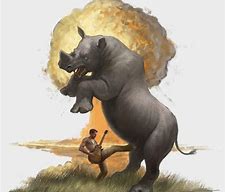I’m sad today.
I’ve been sad for a couple of days.
I waited for a bit before I wrote this. Everyone and their mother, father, and dog are posting their references and memories of what the man meant to them but I really don’t care about all of that. Me, I just want to talk about what he meant to his profession, my hobby, and the world.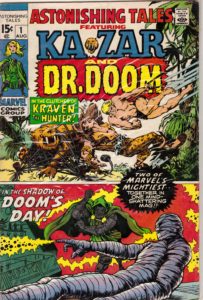
Honestly, Stan Lee never really meant anything directly to me. By the time I got into the comic reading hobby he was escalating himself to publisher, he had already turned over the editor in chief reins to Roy Thomas. Marvel comics were fun, but they weren’t my favorite. That relegation belonged to DC.
In fact, my first real exposure to Jack Kirby was via his DC New World line of comics. Kamandi being an especially favorite of his young man. You have to realize, the true birth of Marvel comics was Fantastic Four # 1 published in November of 1961. The age of Marvel Comics is old as I am. Thus, by the time I was truly reading and collecting comic books I was in that age when Jack had defected to DC and Stan was evolving into the icon he would become.
I discovered the true genius of Stan’s writing in the Marvel Treasury editions that were published in 1974. For a $1.50, of which my Father (God bless him) would complain about the price, I could read the classic stories of the Marvel characters. Treasury editions of the Incredible Hulk, Thor, Spider-Man, The Avengers, and especially The Fantastic Four I could read the cl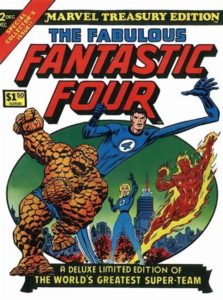 assic stories of Stan, Jack, Ross, Steve, John, etc… In fact, my first exposure to the greatest FF story ever told: The Galactus Saga, was via Marvel Treasury Edition #2.
assic stories of Stan, Jack, Ross, Steve, John, etc… In fact, my first exposure to the greatest FF story ever told: The Galactus Saga, was via Marvel Treasury Edition #2.
What writing, I thought. This was insightful, provocative and, quite simply, great. Stan took the medium of a ‘funny book’ (as they were called in the day) and gave it credence. In fact, I dare say, that Stan was the Alan Moore of his time. Now, don’t get me wrong, there were a bevy of great writers who came after Stan, but I always thought they were held back by the editorial decisions of the day. Guys like Len Wein, Marv Wolfman, Denny O’Neal, Cary Bates, Gerry Conway, and such had great moments but they would never have been able to achieve what they had without a guy like Stan.
And, that’s where my next query lies. What would have happened if Stan had stuck to writing? Would he have become as prolific as a guy like Moore or Miller? We’ll never know. Because Stan chose a higher calling, a calling to make comic book, or ‘funny books’ as legitimate entertainment.
Stan was the ultimate huckster and promoter. He was the medicine barker that went from town to town to promote and legitimize his profession. We have to remember, before Stan, most creators treated comic books as a way to make a living. Writers such as Gardner Fox, Ray Bradbury, and the like used comics to ‘put bread on the table’ and then went back to their agents to sell their next novel. Never imagining that it was a legitimate art form. Stan, however, treated the comic book as a true entertainment venue. And it was through his efforts that it did become the billion dollar business that it currently is.
Taking a look back, comic books were a side entertainment back then. Yes, in the early days Serial movie producers used comic books as source material. We had serials of Captain Marvel, Blackhawk, Superman, Batman, and Captain America (pre-Marvel). Then they faded. In fact, the most successful comic book live action product of the time was the Batman TV series. And, that, I can argue, was a product of Stan’s influence in the comic medium and his ‘hip’ writing in the Marvel brand of comic books.
Stan decided, for better or for worse, that his profession was not just ‘funny books’ but viable entertainment. Stan took it upon himself to be the face of comic books.
Stan instinctively knew that products needed a face, a familiarity, that people could connect with. He created a fan club, FOOM (Freinds of Ol’ Marvel) that made you, the reader, feel as though you mattered. Smattered across the letter columns were also numerous ‘no prizes’ awarded to letter writer that asked the best questions. Additionally, Stan’s editorials would talk directly to the reader, as if he was sitting right across from you. He also began to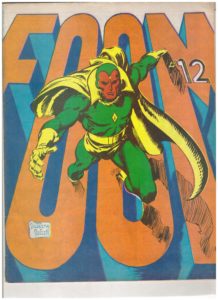 branch out into other mediums endlessly promoting the comic books. I measure that Stan is the one that brought comic books to the college campuses, thus grasping an older readership. Another innovation that Stan did was creating a cohesive universe and continuity. He would continually promote other books like television shows do, by having brief cameos of the heroes in each others books. Ironman would fly by in Spider-man and vice versa. The marketing magnificence of Stan was unparalleled at the time. He literally created the Marvel brand decades before Disney glommed and bastardized it.
branch out into other mediums endlessly promoting the comic books. I measure that Stan is the one that brought comic books to the college campuses, thus grasping an older readership. Another innovation that Stan did was creating a cohesive universe and continuity. He would continually promote other books like television shows do, by having brief cameos of the heroes in each others books. Ironman would fly by in Spider-man and vice versa. The marketing magnificence of Stan was unparalleled at the time. He literally created the Marvel brand decades before Disney glommed and bastardized it.
Lee also realized that there was an even older market for comic books. He teamed up with Curtis publishing, a magazine publisher, and came up with a series of adult oriented comic books. Titles such as Tales of the Zombie, Vampire Tales, The Savage Sword of Conan, etc… brought the illustrated story telling to magazine stands (which also served to get out from under the comics code authority umbrella). These magazines, using the same creators that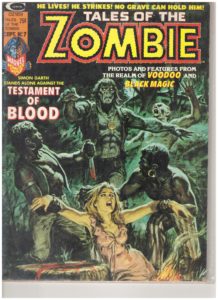 he used in his comic books, helped to increase the readership in the medium.
he used in his comic books, helped to increase the readership in the medium.
On top of all that, Stan was also a pioneer in women’s rights. In a time period when it was considered that women should be seen and not heard Stan tirelessly promoted women creators. One of the prime ones: Marie Severin, not only drew the mainstream comics but was also a colorist and a creator. Along with Ramon Fradon, they were two of the rare female creators in comics.
See, Stan could care less what, who, or why you were, all he cared about was selling comic books and himself.
Stan was the ultimate showman, the consummate pitchman, the indefatigable egoist. Yes, many have lamented how he never gave credit to his co creators but the bottom line is this: Steve Ditko, and Jack Kirby (the two who he is forever maligned about) didn’t have the chutzpah that Stan had. Stan took it upon himself and essentially made those two what they were. Let me tell you, I can guarantee that the common man would have no idea who Jack Kirby or Steve Ditko was if it weren’t for Stan.
I could go on but why rehash items that are invariably being stated by lesser historians than I?
This essay wasn’t meant as a history lesson, nor was it meant as an ode, it is meant as a very personal reflection of great creator in my favorite lifetime hobby.
RIP Stan and thank you. I’m sure you already have a circle of young and old gathered to hear your stories in your new resting place.
God Bless and Excelsior.
